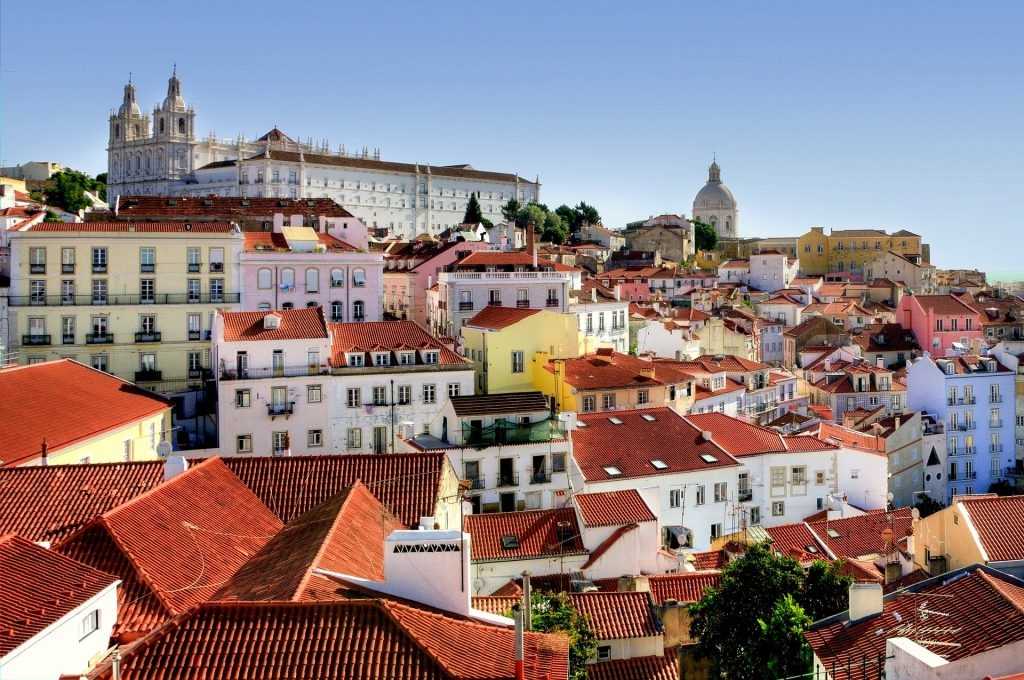Exploring Lisbon’s Museum of Fado
Lisbon, the vibrant capital of Portugal, is a city rich in history, culture, and music. Among its many attractions, the Museum of Fado stands out as a must-visit for anyone interested in understanding the soul of Portuguese music. Fado, a genre characterized by its melancholic tunes and expressive lyrics, is an integral part of Portugal’s cultural heritage. This guide will help you make the most of your visit to the Museum of Fado, offering practical tips and insights into what you can expect.
Understanding Fado: The Heart of Portuguese Music
Fado is more than just music; it’s a reflection of the Portuguese spirit, often described as a blend of nostalgia, longing, and resignation. Originating in the early 19th century, Fado has evolved over the years, yet it remains deeply rooted in the traditions of Lisbon. The Museum of Fado, located in the Alfama district, provides a comprehensive overview of this unique musical genre. As you explore the museum, you’ll encounter a variety of exhibits that showcase the history and evolution of Fado, from its origins to its modern-day interpretations.
The museum’s collection includes photographs, posters, and musical instruments, as well as audio recordings of some of the most iconic Fado performances. Interactive displays allow visitors to listen to different styles of Fado and learn about the lives of famous Fado singers, known as “fadistas.” This immersive experience offers a deeper appreciation of the music and its cultural significance.
Planning Your Visit: Practical Tips
When planning your visit to the Museum of Fado, consider the following practical tips to enhance your experience:
- Location and Accessibility: The museum is situated in the historic Alfama district, one of Lisbon’s oldest neighborhoods. It’s easily accessible by public transport, with several tram and bus routes passing nearby. If you’re staying in central Lisbon, a leisurely walk through the charming streets of Alfama can also be a delightful way to reach the museum.
- Opening Hours and Tickets: The Museum of Fado is open from Tuesday to Sunday, typically from 10:00 AM to 6:00 PM. It’s closed on Mondays and certain public holidays, so it’s wise to check the museum’s official website for any updates before your visit. Tickets can be purchased at the entrance, and there are often discounts available for students, seniors, and Lisbon Card holders.
- Guided Tours and Audio Guides: To make the most of your visit, consider joining a guided tour or renting an audio guide. These options provide valuable insights into the exhibits and the history of Fado, enriching your understanding of the music and its cultural context. Tours are usually available in multiple languages, including English.
Enhancing Your Experience: Beyond the Museum
While the Museum of Fado offers a comprehensive introduction to the genre, your exploration of Fado doesn’t have to end there. To truly experience the magic of Fado, consider attending a live performance at one of Lisbon’s many Fado houses, known as “casas de fado.” These intimate venues offer an authentic setting to enjoy the music, often accompanied by traditional Portuguese cuisine.
Some popular Fado houses in Lisbon include Clube de Fado, A Baiuca, and Mesa de Frades, each offering a unique atmosphere and a chance to hear talented fadistas perform. It’s advisable to make reservations in advance, especially during peak tourist seasons, to ensure you secure a spot.
Additionally, if you’re interested in learning more about Fado, consider exploring the Alfama district further. This area is steeped in history and is home to many traditional Fado venues, as well as charming streets and viewpoints that offer stunning views of Lisbon. Walking tours of Alfama often include stops at significant Fado landmarks, providing a deeper understanding of the music’s roots in this historic neighborhood.
